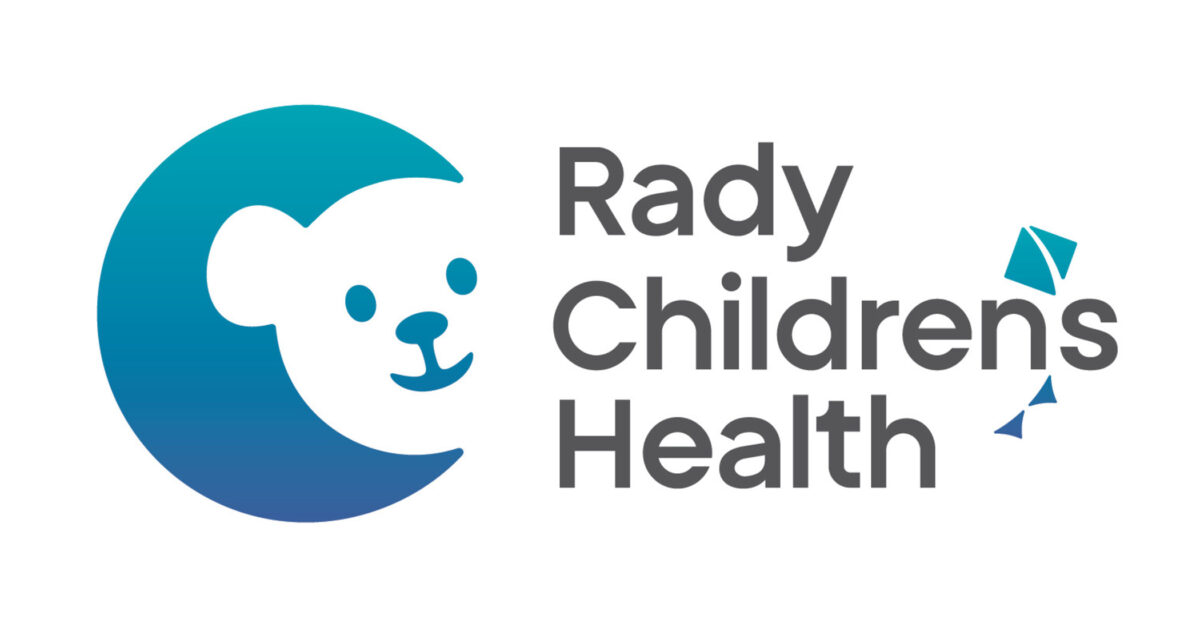KU School of Medicine professor fights for changes to prevent medical gaslighting of women

The term “gaslighting” usually applies to personal relationships in which someone calls into question another person’s powers of reasoning. While generally considered an intentionally manipulative technique, a related use of the term has emerged in the health care world: medical gaslighting. In clinical settings, it refers to the actions of a health care professional discounting a patient’s complaint. Current research shows that medical gaslighting is most common when that patient is a woman.
Kimberly Templeton, M.D., professor and vice chair for faculty development in the Department of Orthopedic Surgery and Sports Medicine at KU School of Medicine, is an expert on the subject. She is using her role as a national leader to push for changes. This year, she published research titled “Sex and Gender in Orthopaedic Research: How Do We Continue to Move the Needle?” and coauthored an editorial, “Improving How Orthopedic Journals Report Research Outcomes Based on Sex and Gender.”
“When women’s concerns are not taken seriously,” she said, “that can result in delays in receiving proper treatment and overall distrust in the health care system.” One example is research published in the journal Academic Emergency Medicine that found that women who went to the emergency room with severe stomach pain had to wait almost 33% longer than men with the same symptoms.
Dismissing a woman’s concerns conveys the message that the symptoms are in her mind when it’s more likely a lapse in communication. For example, a patient might complain of knee pain, but during the examination a doctor uncovers a more critical condition such as hypertension. The result of changing the subject may leave the patient unsure why the original complaint is being ignored.
A holistic approach
Another contributing factor in medical gaslighting is basic biology. “Pain cannot reliably be measured, and it presents differently in men and women,” Templeton said. “The physiologies are different, and some treatment approaches may be too simplistic.” She added that patients should be treated holistically by considering differences in hormones and anatomy as well as the fact that women have a more active immune system and are more likely to have chronic pain.

past president of the
American Medical
Women’s Association,
is at the forefront of
pushing for changes in
women’s health care.
Templeton emphasized the need for more research on the differences between men’s and women’s health. “Most medical research has been based on a male model,” Templeton said. “So, when a researcher concludes a condition is atypical, that may be considered rare or unusual. But it might not be atypical for a woman.”
Not factoring sex into medical research can result in worse outcomes for women. “Drugs often are removed from the market because of unanticipated effects on women,” Templeton said. “A lack of differences in the research doesn’t mean there are no differences (between men and women).”
Change is here
The National Institutes of Health addressed this issue 10 years ago by requiring studies to include sex as a biological variable in research designs and analyses. She added that journal editors are more aware of this issue now, and the bar is set for future studies.
One way for women to guard against medical gaslighting is to write down their concerns and questions before meeting with a doctor. When they begin to feel unheard or confused about why a course of action is prescribed, Templeton encourages women to ask why until they understand the process.
“Medical gaslighting isn’t intentional, it’s simply the state of the science,” she said. But as a professor, she sees a new generation that is more likely to usher in important changes. “The curriculum is more informed, and that results in better health care.”
link








